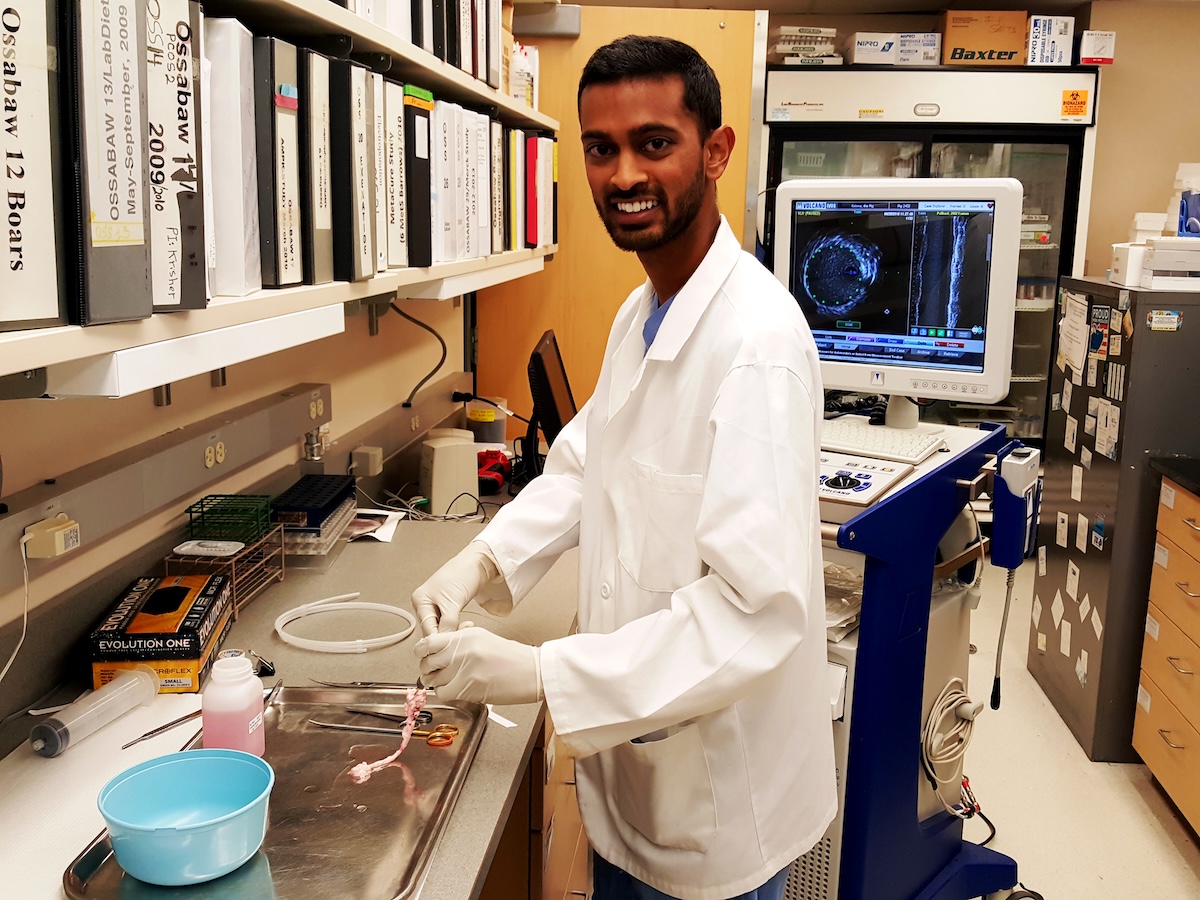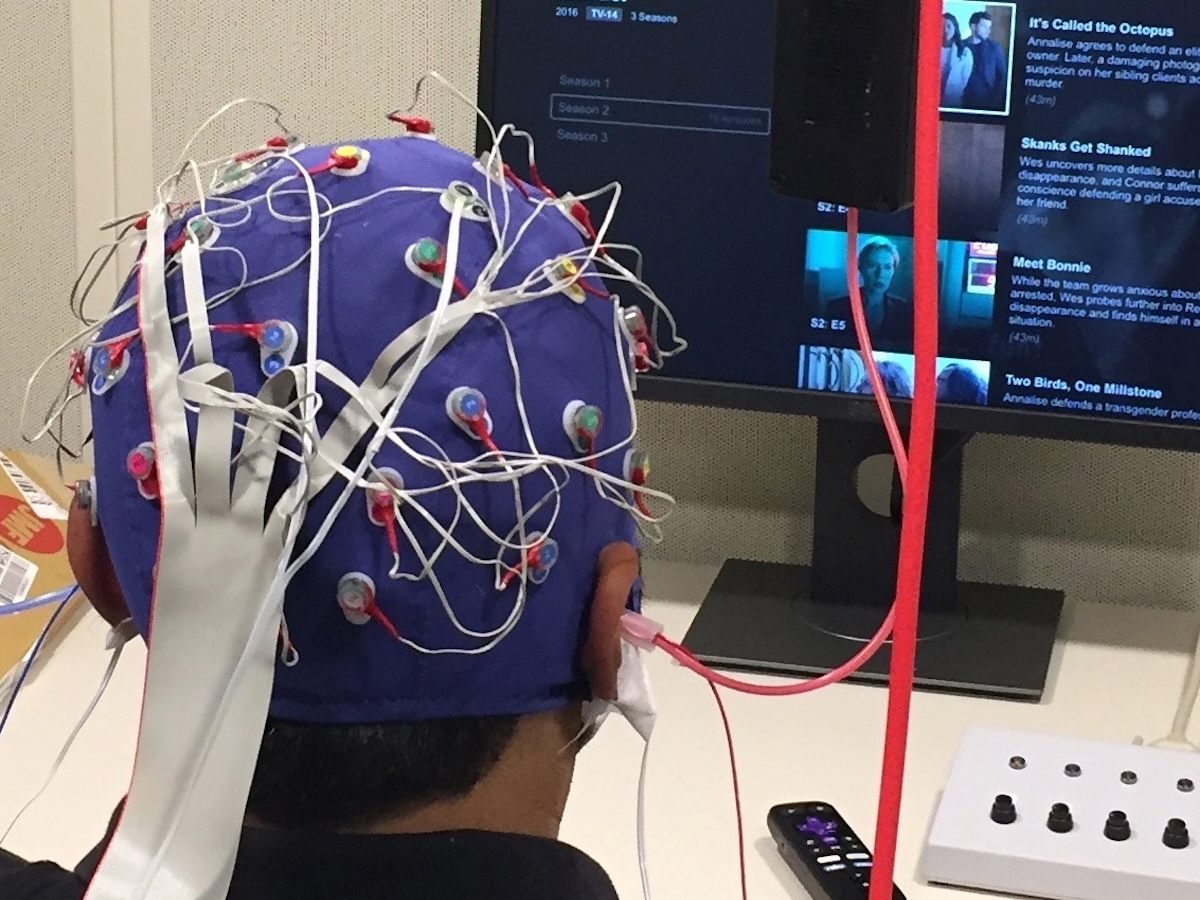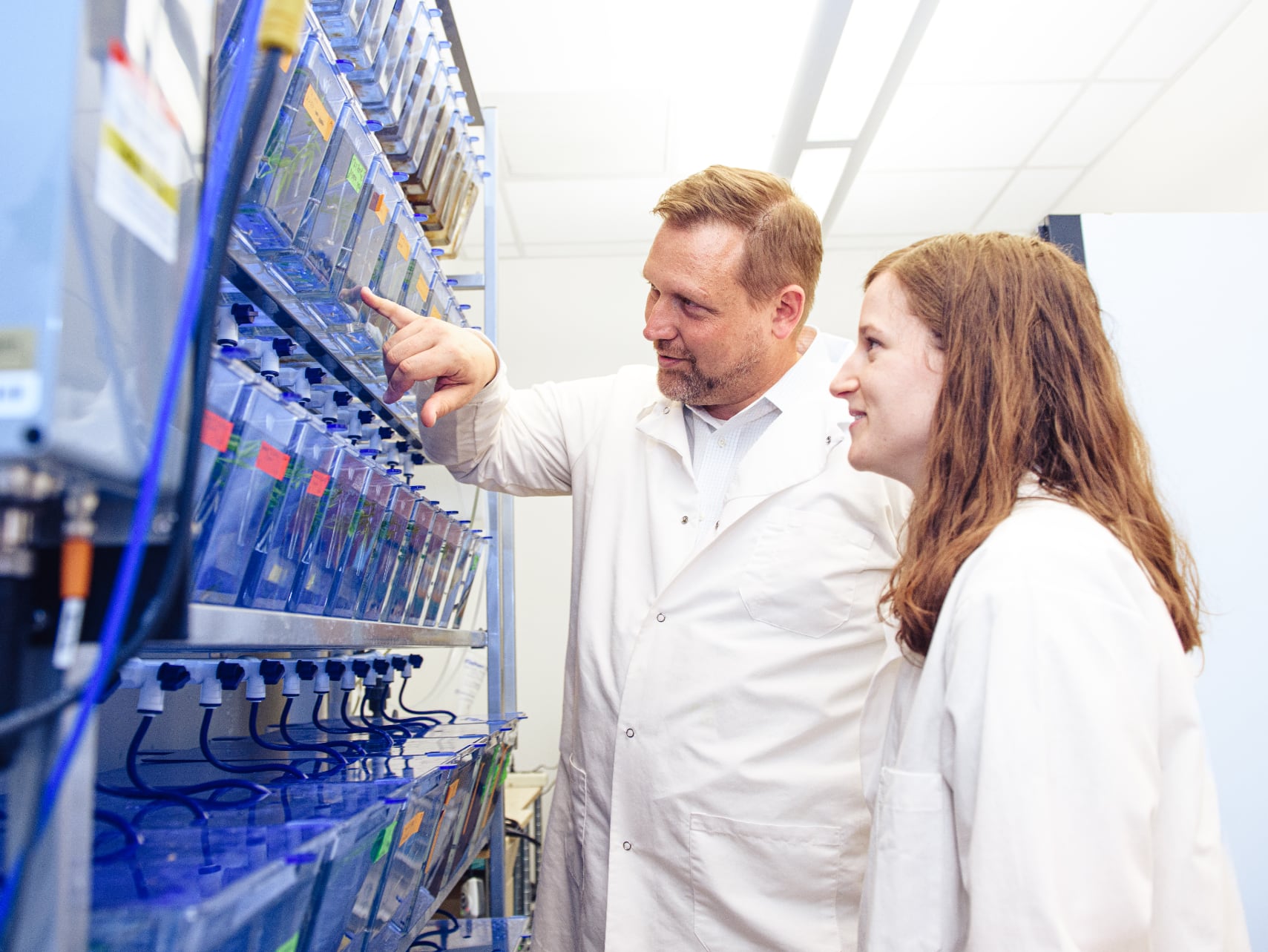10,000,000 Patients Worldwide Directly Helped through Purdue's Biomedical Engineering Department
Imagine one patient, every minute, every day for 25 years. That's how many people have benefited directly from the technologies invented through Purdue's Biomedical Engineering programs.
Through our graduate program, you too, can become an integral part of a community of professions impacting the world in a meaningful and tangible way.








